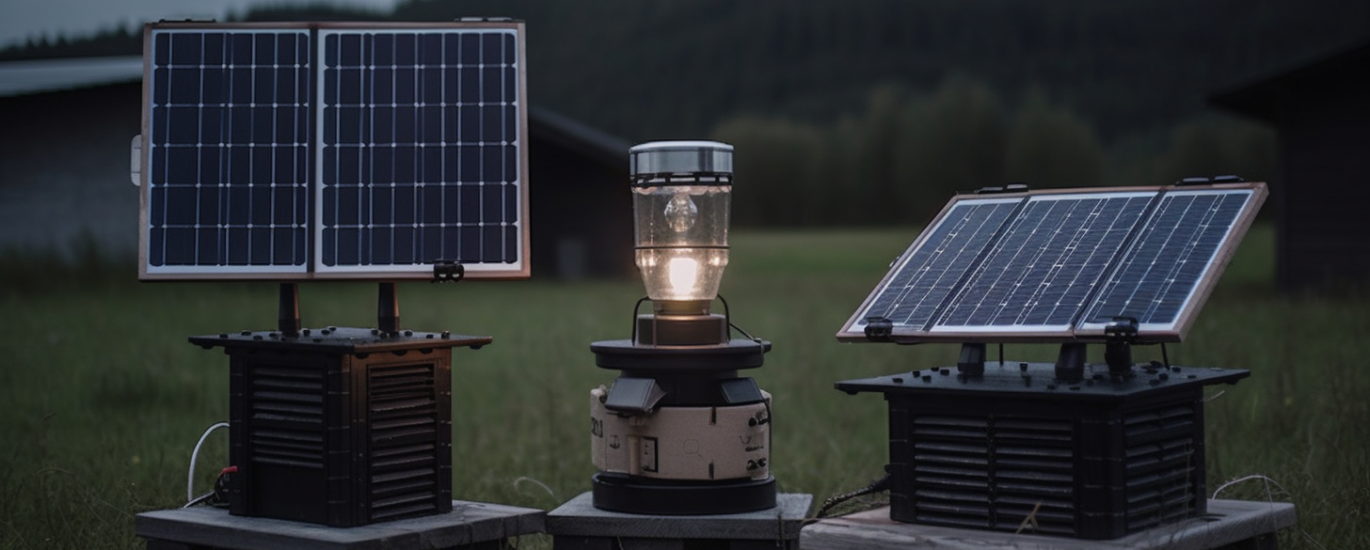The US Department of Energy has unveiled an innovative competition designed to bolster the cybersecurity defenses of smaller electric utilities. The Advanced Cybersecurity Technology (ACT) 1 Prize Competition, announced on Wednesday, is an initiative under the Biden administration’s Rural and Municipal Utility Cybersecurity (RMUC) Program.
This program has earmarked $250 million over five years to enhance cybersecurity measures at cooperative, municipal, and small investor-owned electric utilities. The ACT 1 Prize Competition, the first in a series, has a total budget of $8.96 million, which includes cash prizes and technical assistance.
Competition Details
The competition is structured into three phases: commitment, planning, and implementation. In the commitment phase, utilities are required to demonstrate their dedication to enhancing their cybersecurity posture. This could involve investments in cybersecurity technologies, staff training, and governance process improvements. Winning utilities in this phase will be rewarded with cash prizes and technical assistance.
The planning phase involves conducting system assessments, identifying training needs, understanding potential risks and solutions, and drafting an implementation roadmap. The final phase sees utilities working to implement their proposed roadmap. Cash prizes and technical assistance will be awarded in the second and third phases based on the work completed.
Deadline
The deadline for the first phase of the competition is set for November 29, 2023. More information about the competition can be found on a dedicated webpage and the Energy Department’s website.
This initiative follows closely on the heels of a White House announcement of a competition to develop new AI systems capable of defending critical software from hackers. This focus on cybersecurity comes amid growing concerns about the vulnerability of the nation’s infrastructure, highlighted by recent ransomware attacks on the Energy Department and other federal agencies.






